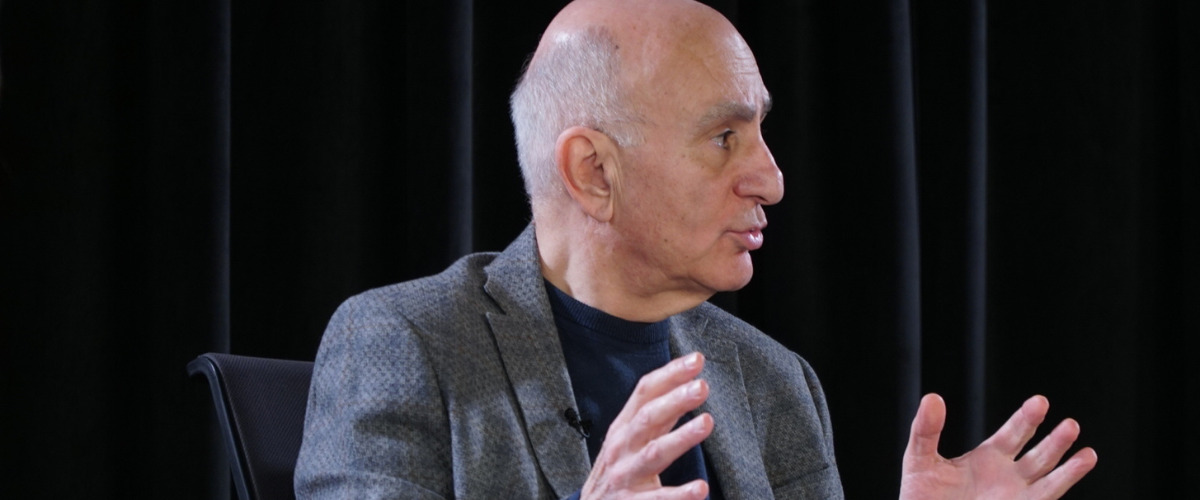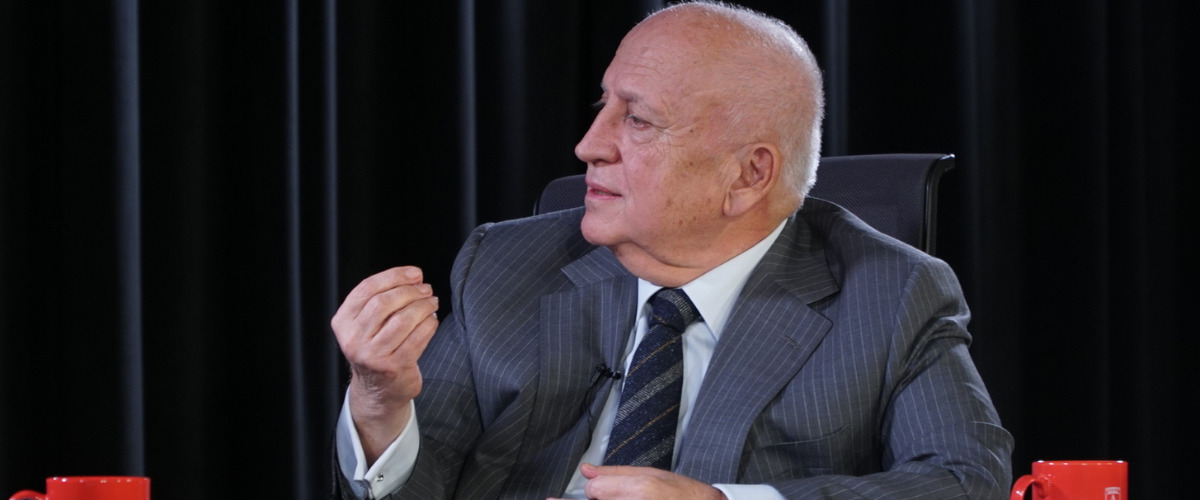INSTITUTES
Skimpflation, Shrinkflation, Greedflation
Prof. Dr. Işın Çelebi and Dr. Mahfi Eğilmez evaluated the agenda in Economy Talks. The main agenda of this interview was the earthquake and the concepts of skimpflation, shrinkflation and greedflation.





Altınbaş University's Economics Symposium, where Prof. Dr. Işın Çelebi and Dr. Mahfi Eğilmez come together every month to discuss the agenda, this time focused on the importance of "Fiscal Policies and Budget Practices" in light of recent developments.
During the symposium, first, the victims of the February 6 Earthquakes were commemorated, followed by discussions on solutions to earthquake-related issues.
Prof. Dr. Işın Çelebi expressed being deeply affected by the silent cries of the people in the 11 affected provinces, emphasizing that the financial burden of the earthquake amounted to 110 billion dollars. Despite a year passing since the earthquake, Çelebi pointed out that there is still much work to be done, stating that 15% of the collapsed houses in Hatay have been rebuilt. She shared an estimation that 3.4 trillion monetary resources are needed for the redevelopment of earthquake zones. Proposing the establishment of a State of Emergency Governorate with the authority of a minister to be responsible for earthquake zones, Çelebi suggested that a new earthquake tax plan could be made in consultation with the Ministry of Finance.
Çelebi also stressed the need for tax reform in Turkey, highlighting the injustice in tax collection. She pointed out that while 90% of the income is obtained from indirect taxes, only 50% is collected from corporate taxes, resulting in a disparity of 26.6 times between the top and bottom income groups. She provided an assessment that the top 20% income group receives 50% of the total income, while the bottom 20% receives only 5.9% of the income. In other words, while the top income group receives 50% of the GDP, 80% of the population shares 50% of the remaining income.
The upcoming elections in many parts of the world were also on the agenda of the meeting. Çelebi mentioned that approximately 2 billion voters will cast their votes in 70 countries worldwide, discussing the possible implications for the world. She expressed concerns about a significant shift towards radical right-wing parties, particularly highlighting the emergence of a Hitler-friendly party as the second-largest party in Germany, causing concerns for the EU's future, especially given the serious recession in Germany.
Drawing parallels between the conditions that led to World War II and the present day, Prof. Dr. Çelebi made significant observations. She highlighted the continuation of the global crisis that began in 2008, emphasizing protests in EU countries like France and Belgium due to reductions in subsidies for farmers. She expressed that both the EU and the US are struggling to overcome the global crisis and recession that followed 2008, predicting significant challenges for the upcoming elections in America.
Eğilmez said that 1 trillion 140 billion dollars has been spent so far to repair the earthquake damage and that 9.3% of the 2024 budget was allocated for earthquake work. Eğilmez said, "Due to the earthquake, 2.08 billion dollars came in as foreign financing so far."
Addressing the issue of combating inflation, Mahfi Eğilmez provided clarification on inflation terms that have been frequently discussed in the media recently, such as skimpflation, shrinkflation, and greedflation. He emphasized the importance of Turkey achieving structural reforms to advance to a higher level, stressing the need to be realistic and stable in this endeavor. He stated that even if full membership in the European Union cannot be achieved, efforts should be made to meet those standards.
Overall, the symposium provided insights into current economic challenges and possible solutions for Turkey, shedding light on various issues such as earthquake recovery, tax reform, global political trends, and inflation management.

